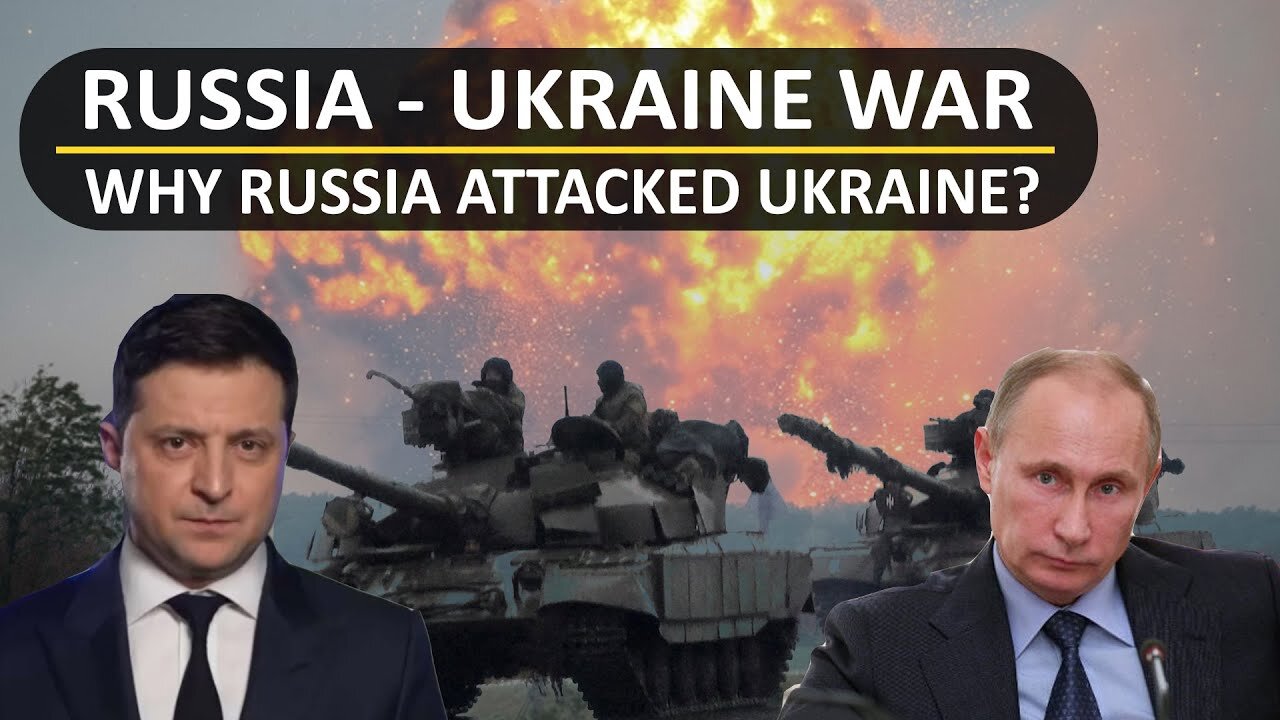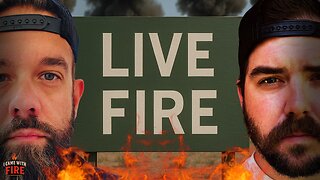Premium Only Content

Finally: Russian people revolted en masse! Putin may not see tomorrow!
Could Putin actually fall?
What history teaches us about how autocrats lose power — and how Putin might hang on.
Share this on Facebook (opens in new window)
Share this on Twitter (opens in new window)
SHARE
All sharing options
As Russia’s war in Ukraine looks increasingly disastrous, speculation has mounted that President Vladimir Putin’s misstep could prove to be his downfall. A litany of pundits and experts have predicted that frustration with the war’s costs and crushing economic sanctions could lead to the collapse of his regime.
“Vladimir Putin’s attack on Ukraine will result in the downfall of him and his friends,” David Rothkopf declared in the Daily Beast. “If history is any guide, his overreach and his miscalculations, his weaknesses as a strategist, and the flaws in his character will undo him.”
But what events could actually bring down Putin? And how likely might they be in the foreseeable future?
Get in-depth coverage about Russia’s war on Ukraine.
Why Ukraine?
Learn the history behind the conflict and what Russian President Vladimir Putin has said about his war aims.
The stakes of Putin’s war
Russia’s invasion has the potential to set up a clash of nuclear world powers. It’s destabilizing the region and terrorizing Ukrainian citizens. It could also impact inflation, gas prices, and the global economy.
How other countries are responding
The US and its European allies have responded to Putin’s aggression with unprecedented sanctions, but have no plans to send troops to Ukraine, for good reason.
How to help
Where to donate if you want to assist refugees and people in Ukraine.
The best research on how authoritarians fall points to two possible scenarios: a military coup or a popular uprising. During the Cold War, coups were the more common way for dictators to be forced out of office — think the toppling of Argentina’s Juan Perón in 1955. But since the 1990s, there has been a shift in the way that authoritarians are removed. Coups have been on the decline while popular revolts, like the Arab Spring uprisings and “color revolutions” in the former Soviet Union, have been on the rise.
For all the speculation about Putin losing power, neither of these eventualities seems particularly likely in Russia — even after the disastrous initial invasion of Ukraine. This is in no small part because Putin has done about as good a job preparing for them as any dictator could.
Over the past two decades, the Russian leader and his allies have structured nearly every core element of the Russian state with an eye toward limiting threats to the regime. Putin has arrested or killed leading dissidents, instilled fear in the general public, and made the country’s leadership class dependent on his goodwill for their continued prosperity. His ability to rapidly ramp up repression during the current crisis in response to antiwar protests — using tactics ranging from mass arrests at protests to shutting down opposition media to cutting off social media platforms — is a demonstration of the regime’s strengths.
“Putin has prepared for this eventuality for a long time, and has taken a lot of concerted actions to make sure he’s not vulnerable,” says Adam Casey, a postdoctoral fellow at the University of Michigan who studies the history of coups in Russia and the former communist bloc.
-
 5:09:25
5:09:25
Drew Hernandez
13 hours agoGIDEON AI THREAT DETECTION SOFTWARE PUSH & NEW EPSTEIN EMAIL LEAK?
48.8K26 -
 2:03:51
2:03:51
TimcastIRL
9 hours agoTrans Minneapolis Shooter BLAMED Massacre On Mom & Gender Transition | Timcast IRL
187K353 -
 47:29
47:29
Man in America
16 hours agoIT DOESN'T ADD UP: The Trans Shooter's Story Is FULL of Holes
59K67 -
 3:59:36
3:59:36
StevieTLIVE
9 hours agoFriday Night Warzone HYPE
44.5K1 -
 3:47:10
3:47:10
SynthTrax & DJ Cheezus Livestreams
1 day agoFriday Night Synthwave 80s 90s Electronica and more DJ MIX Livestream Michael Jackson / AI Art Compilation Edition
53K2 -
 1:03:57
1:03:57
Sarah Westall
9 hours agoMara Lago Accord Joins the Fed, Fed Waves the White Flag & more w/ Andy Schectman
34.8K3 -
 2:44:12
2:44:12
I_Came_With_Fire_Podcast
1 day ago*BREAKING* Special Guest Katarina Szulc
44.8K9 -
 3:22:20
3:22:20
megimu32
9 hours agoOFF THE SUBJECT: FAFO Friday! Bodycams & Mario Kart Mayhem!
29.8K6 -
 55:36
55:36
Flyover Conservatives
1 day ago4 Strategies to Create Opportunity from Nothing - Clay Clark | FOC Show
33.1K1 -
 1:49
1:49
Gaming on Rumble
15 hours agoWhat is the Rumble Creator Program!?!? (Active Premium Creators) | Lvl UP
30.9K2